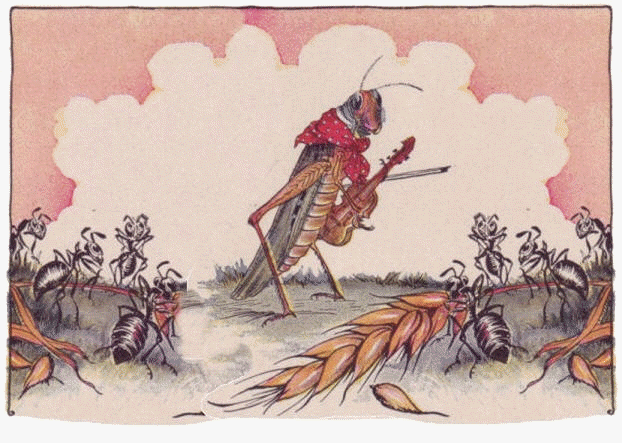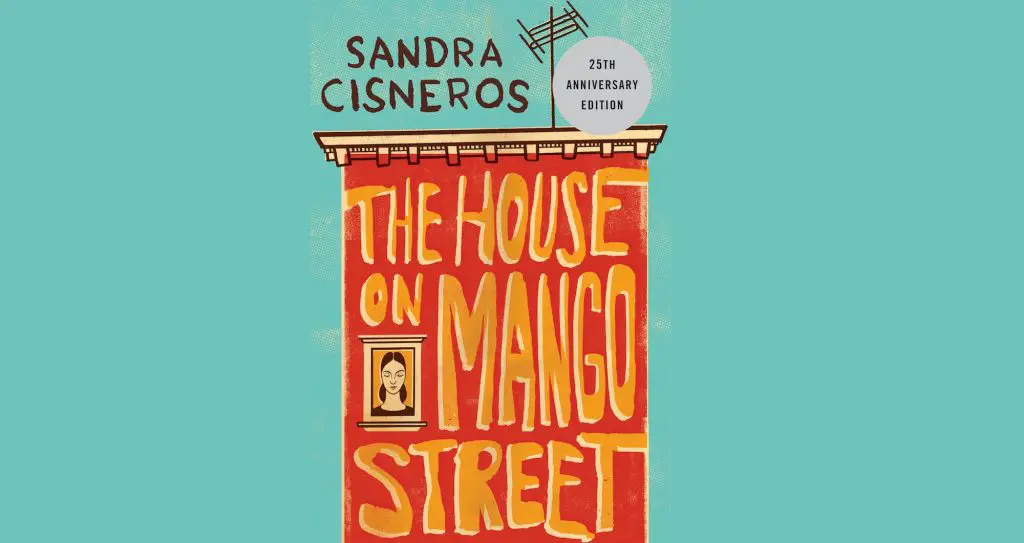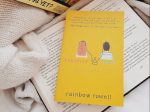After taking a course in children’s literature this past semester, I realized that there are a lot of life lessons packed within the details of each story and the lives of the characters, many of which you hardly pick up on a kid. As a child, when someone is reading you these books, the idea is that their lessons subtly find their way into your subconscious, that if you hear enough stories about people doing the right thing, the author will have, in a move straight out of “Inception,” taught you a moral lesson by allowing you to think that you realized it yourself. As a result, the literature that society prescribes for its children is incredibly valuable, as it teaches them the mores of a culture, from its heuristics and systems of justice, down to how you should treat your friends and even yourself.
What’s funny, though, is that a really powerful children’s book can teach even the adults reading it a lesson. Sometimes, the lesson comes from realizing just how layered with subtext these seemingly innocuous stories are—I mean, can we talk about the implications of the labor disparity between Aesop’s ant and grasshopper?

But sometimes, the value of re-reading these stories as adults comes from hearing a simple message with fresh ears. You “know” that you should work hard, treat others fairly and be true to yourself, but sometimes it helps to hear it, baldly, from a book made for children. And in my literature class, I did, dozens of times over. So, below is a condensed list of the obvious, yet not-so-obvious lessons I learned from studying novels written for children.
“Monster,” by Walter Dean Myers, is a great reminder that knowing who you are versus who you want to be, and therefore what your goals are versus where you are in life, is crucial. If you don’t know, you let the world decide for you, and that hardly, if at all, ever turns out well. Steve Harmon, the main character, is a “good kid.” He goes to a good school, respects his parents, is a role model for his little brother and takes part in extracurricular activities.
Yet, he thinks he’s bad. Got to give it up to the teen years. He hangs around the dudes who always get into trouble, because they are totally fearless. You know the type. This, of course, gets him into more trouble than anything. Despite his innocence (well, I’ll let you read it), he is seen as a huge criminal. Because he is black, Steve has trouble proving he didn’t participate in the crime. The issue is that he wanted to be like those guys always getting in trouble, which doesn’t help his case. So, is he at fault? By the end of the book, the young protagonist makes a stronger effort to secure his identity artistically. “Monster” reminds readers to know who you are and where you’re headed before reality forces its way.
Ever heard the saying, “Be nice to people on the way up, because you’re going to meet the same people on the way down” or “What goes around comes around”? Fairytales, especially “Cinderella,” kindly remind you that being good, kind and righteous is stronger than evil. Yes, that’s what it is. Evil. Don’t be evil or else you’ll end up like Cinderella’s stepsisters and stepmother, or Hansel and Gretel’s stepmother.
Be the person that believes in doing the right thing no matter what, whether that means being honest and admitting when you’re wrong, or sharing your lunch with the guy no one’s paying any attention to. Cinderella went to the ball because she was polite, selfless and compassionate. She didn’t even tell her father about the women, because she knew he missed her mother and needed another wife. But, Cinderella, haters are going to be haters. Right is right and wrong is wrong. So be kind, and do the right thing. And because beauty shines from the inside-out, you might find yourself the perfect prince, or princess.
Nonetheless, here to contradict the fairytale idea that in order to be successful women must marry a successful man, is “The House on Mango Street” by Sandra Cisneros. Written in the form of a diary entry, the narrator describes how the women of her rundown neighborhood depend on the men in their lives so much that they are unable to do anything for themselves.

They can’t leave their homes; they can’t dress how they want and they can’t support their own children without their husbands’ and fathers’ input. Why? They don’t have an education. If only they could leave their block, and live in a mansion with a rich husband and plenty of money. “The House on Mango Street” says no woman should have to depend on a man to earn her Bachelors, to finish college, to become successful.
The next story worth mentioning is “The Fisherman and His Wife,” another folktale. If you’re unfamiliar, this is the one about the man whose wife orders him to ask a magical creature for anything, or should I say everything, she wants, until she asks for so much that she finally loses it all.
Moral of the story? Be grateful for what you’ve got. The grass is always greener on the other side. Yes, indeed. Sometimes it’s easy to forget. But if you recognize what you have, if you remain humble, you’ll lessen the stress, and maybe even gain more.
“The Adventures of Huckleberry Finn” by Mark Twain reminds readers to stay woke, and the main character, Huckleberry Finn, is only like ten. This guy has a mind of his own. He just can’t help it. In the stricter times of the 1800s, Huck refuses to go along with the majority, and he has no problem telling you, too. Why should he ask God for things, if he asked God for fishing hooks and didn’t receive them? What does it matter that more and more people are turning to Christianity and prayer? You can’t argue with science, and you can’t argue with the facts. So, keep reading, millennials, you digital-age junkies. Russia intervened in the 2016 election, Trump fired Comey because he refused a deal and there’s more. Just don’t take my word for it.
Last but not least, “The Giver,” by Lois Lowry, reminds readers that if you want to do something, if you have a goal that you are insanely passionate about, you can do it. Don’t let fear get in the way. In the book, Jonas discovers that the leaders of his community have taken away his and everyone else’s ability to feel emotions, see color and make simple and lifelong choices; so, he runs away with no one but an innocent baby in hopes of finding a more fulfilling world, where he and the baby would be free.
Translation: It’s your life. You have the right to do what makes you happy. Don’t let anyone take possession of your dreams by telling you that they’re unachievable, or that you don’t have the ability to be successful. “The Giver” reminds you that you must live every day of your life to the fullest.
Sometimes going back to your childhood helps you find solutions, answer questions and make sense of seemingly difficult situations. And the best way to revisit is through your favorite childhood book.











[…] Read the full article from the Source… […]
[…] Angela Fraser writes: […]